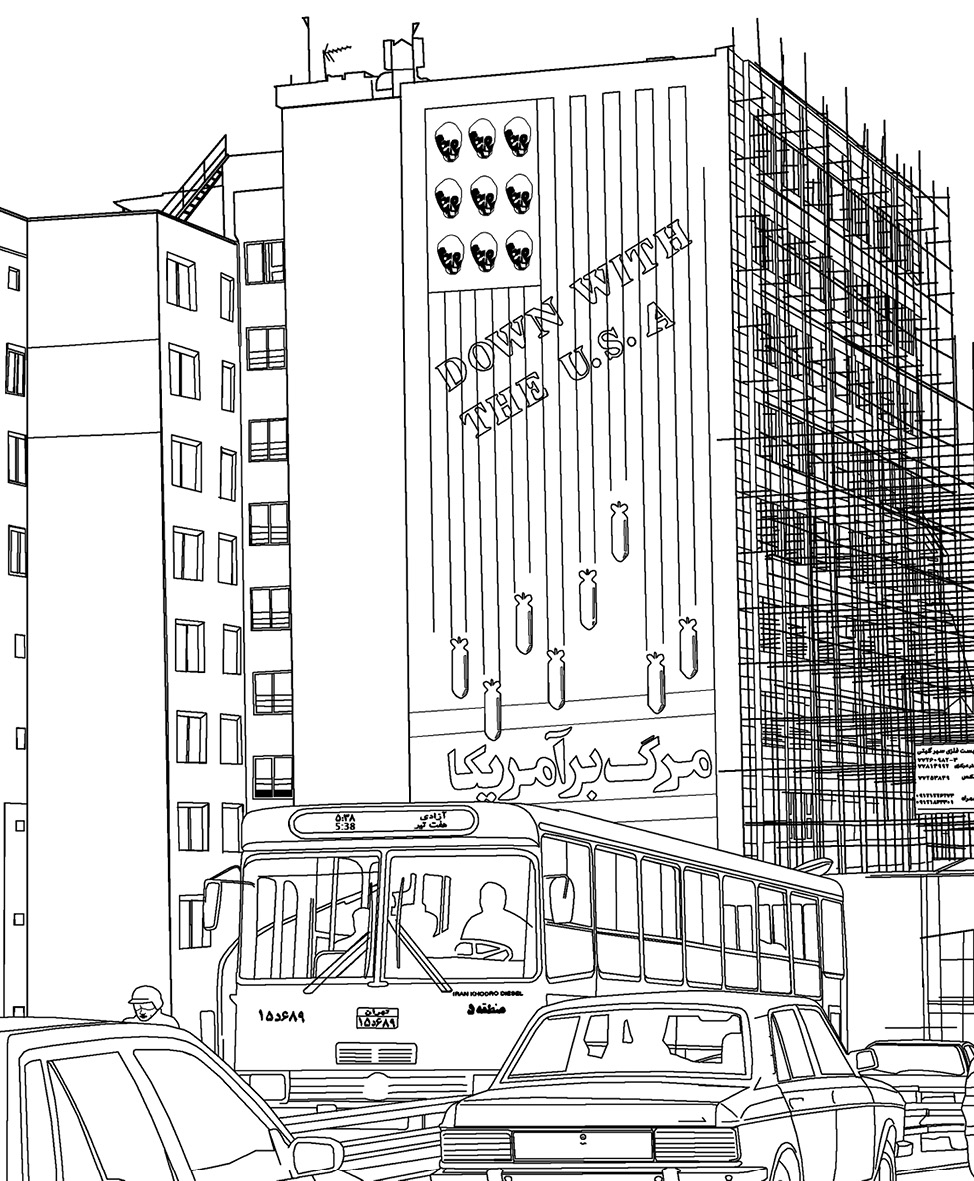Appropriation-réappropriation, délestage, décalage
Si le décolonial appelle au décentrement, ce ne peut être sur le mode d’une simple multiplication de nouveaux centres : le décentrement est plutôt une pratique de désorientation, de sabotage et de transgression, dont l’article propose une analyse féministe décoloniale selon trois modalités. La transgression-appropriation consiste à accaparer ce qui a été refusé : à penser par exemple la possibilité d’un féminisme dans le monde musulman en dehors (avant, après, au revers) de la modernité/colonialité. La transgression-délestage consiste à refuser ce qui a été refusé : refuser ce qui n’est pas soi (refuser l’efficacité, la concurrence et leurs prétendus bénéfices). La transgression-décalage, enfin, invite à refuser non pas seulement la société coloniale, mais surtout ses cales, son épistémologie, ses imaginaires, ses fondements (et notamment ceux d’un certain féminisme colonial). Un appel détaillé au débranchement décolonial.
Appropriation, Re-appropriation, Offloading, Offsetting
If decolonial feminism calls for decentering, it cannot be in the mode of a simple multiplication of new centers : decentering is rather a practice of disorientation, sabotage and transgression, of which the article proposes a decolonial feminist analysis according to three modalities. Transgression-appropriation consists in appropriating what has been refused : to think, for example, of the possibility of a feminism in the Muslim world outside (before, after, on the reverse side) of modernity/coloniality. Transgression-offloading consists in refusing what has been refused : refusing what is not oneself (refusing efficiency, competition and their alleged benefits). Transgression-offesetting, finally, invites to refuse not only the colonial society, but also its holds, its epistemology, its imaginary, its foundations (and notably those of a certain colonial feminism). A detailed call to decolonial disentanglement.








